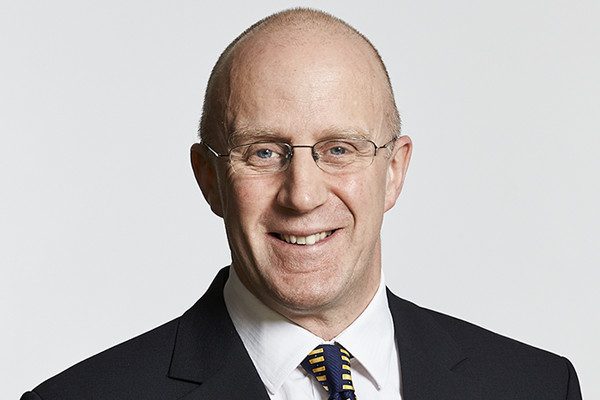- Home
- Nieuwsbrieven
- Shanks is moany? Not after he receives £2m from ex-employer as Unilever loses patent compensation case
Shanks is moany? Not after he receives £2m from ex-employer as Unilever loses patent compensation case
Posted on February 19, 2020
UK law provides that if a paid-to-invent employee makes an invention at work that is owned by their employer, and the invention or a patent for that invention is of outstanding benefit to that employer, having regard to the size and nature of that employer, then the employee may be entitled to a fair share of that outstanding benefit. There have been very few court judgements relating to this matter, not least because most disputes are settled out of court.
There has, however, been a general perception that an employee could not succeed if the employer is large because the employer could argue that the invention or patent would not be of outstanding benefit to their multi-billion pound operation; a “too-big-to-pay” argument. The UK Supreme Court has recently issued a judgment that refutes this argument.

Prof. Shanks was employed by a UK company that was the research arm of Unilever. Using bits he cobbled together from his daughter’s microscope kit, he developed a glucose sensor for which Unilever filed various patent applications in 1985 and 1986. Unilever didn’t make the sensors themselves, but they licensed the patents, making about £20m profit in the process. Shanks applied for compensation, for a fair share of the benefit of the patents, above and beyond his 1982 annual salary of £18,000 and a Volvo.
There has been a school of thought that inventors like Shanks, who were employed by a company that was part of a multi-national, were stuck between a rock and a hard place when it came to arguing for compensation. On one hand, if the inventor argues that outstanding benefit should be assessed in relation to his immediate employing company (in this case, a research arm of Unilever), then it is often easier to show outstanding benefit, but the reward will usually be smaller. On the other hand, if the inventor argues that outstanding benefit should be assessed in relation to the whole multi-national corporate group, then they will have a harder job proving outstanding benefit (the “too big to pay” argument), but if they do, then the inventor’s compensation may be higher.
As expected, Shanks argued that the £20m or so obtained from the patents by the Unilever group was outstanding, given that his employer was the research arm of Unilever. Unsurprisingly, Unilever argued that, given the turnover of the whole Unilever group (about €54bn in 2017), £20m could not be described as “outstanding benefit”.
The Court decided that neither Unilever nor Shanks was correct, and tried to come to a decision based on the commercial reality of the situation. The Court decided that in this particular case, the correct approach was to inquire whether any of Shanks’ patents were of outstanding benefit to the Unilever group, compared to other patents for inventions made by employees of the research company. In this connection, the Court decided that the patents were of outstanding benefit to Unilever and that Shanks should receive compensation.
The Court deemed that 5% of the licence income was fair compensation for Shanks, totalling about £2m. In arriving at this figure, the Court took into account that Unilever was required to make some effort to exploit the patents, but the effort required was relatively small, and the benefit was gained without any risk to Unilever. The Court deemed it appropriate to give a compensation uplift in line with inflation. This was important, given the time that has elapsed since the patents were licensed.
Tips
- The human factor should not be underestimated here; many inventors who look to bring such legal action are motivated in part by a feeling that their employer has not recognised their contribution to the business, however such cases are very rare, and so companies should not overly worry about this ruling.
- Companies can take steps to reduce their risk. Maintaining good relationships with employee inventors will reduce the risk of employee inventors bringing a legal action for extra compensation.
- Your company may wish to consider making extra payment to employee inventors if your company has any patents or inventions that are of exceptional benefit. Such patents or inventions will be relatively rare and therefore such extra payments will not be given very often.
- Should your company make such extra payments, they should obviously be given without making any admissions as to the outstanding, or otherwise, nature of the patent and/or invention.
- Making such extra payments not only reduces the risk of the inventor(s) issuing legal proceedings for any further remuneration, but it also reduces the risk of a court ruling that it would be just to give any further remuneration.
- Companies should consider how they can reward and recognise inventors in non-financial ways too, for example by awarding prizes, mentioning inventors in company newsletters or senior management taking the time to say thank you to inventors who have made significant contributions.
READ Simon's article 'The inventor who was not paid to invent'
GET IN TOUCH if you would like to discuss your IP strategy.
Author

Simon Haslam Of Counsel